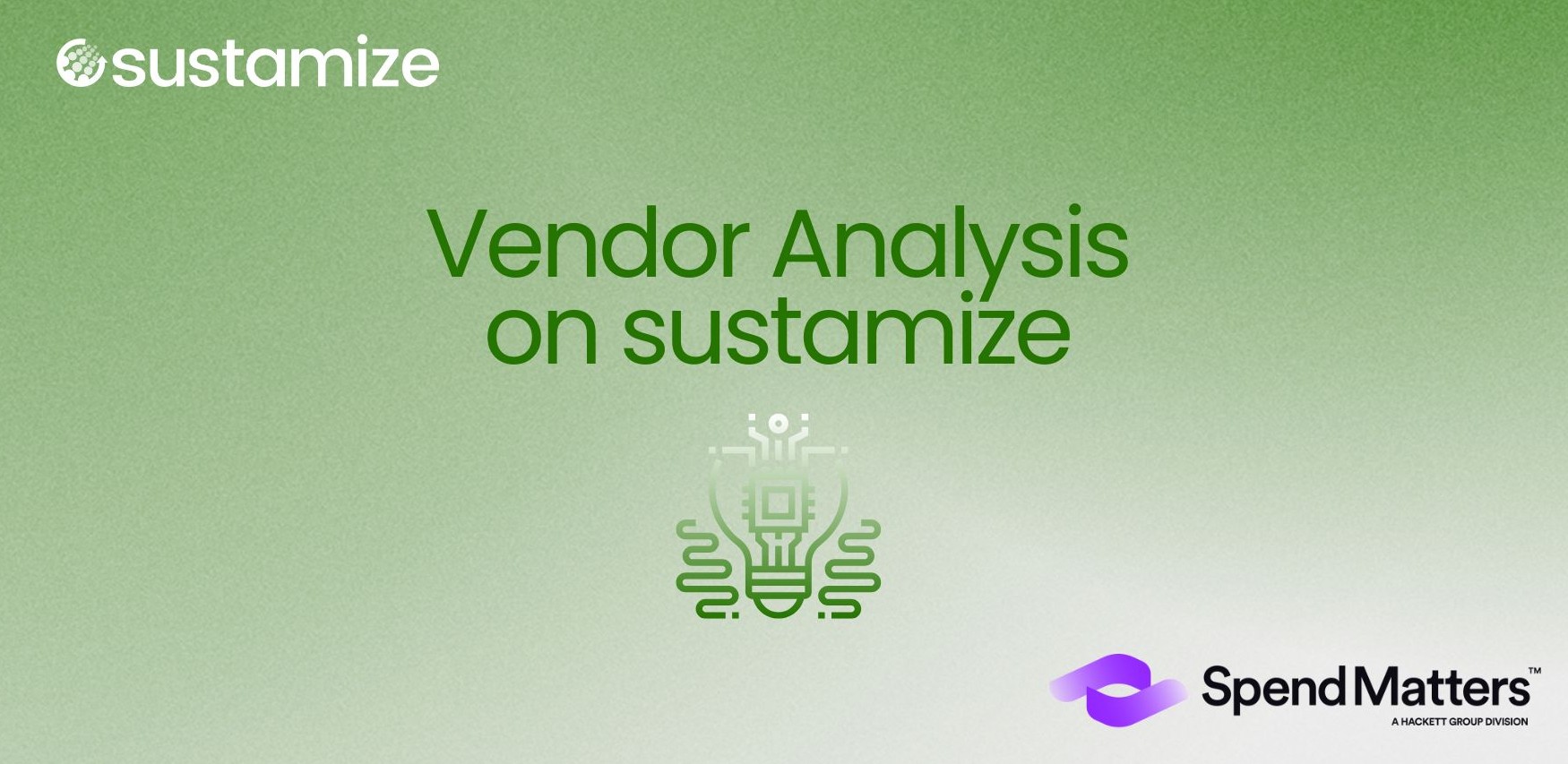Enzyme recycling
Enzyme recycling could potentially solve the plastic pollution problem in the future

The current ecological context calls on companies, organizations and governments to limit plastic pollution, as formulated by the UN Environment Programme with #BeatPlasticPollution. Enzyme recycling could solve this problem in the future.
The issue of plastic recycling is crucial to reducing plastic pollution. But plastics are unfortunately often difficult and sometimes impossible to recycle ( for instance because of color, complex packaging compositions, high costs, lack of infrastructure, etc.). The bottom line is that only light-colored plastic can be recycled in the form of colored plastic, which degrades the quality of each cycle and makes it difficult to get new products made from 100% recycled polyethylene terephthalate ("PET").
However, some innovative solutions to this problem are under development, such as bioinspired enzyme recycling.
Japanese researchers discovered the enzymes when they found a bacterium that "eats" plastic. The enzyme produced can break down plastic into its original components. Called enzyme biocatalysis, it depolymerizes plastic substrates into oligomers and monomers that can be recovered as raw materials for making new plastic products or synthesizing other value-added chemicals. By further studying this enzyme, researchers around the world, such as the Centre for Enzyme Innovation at the University of Portsmouth, UK, have discovered other enzymes that degrade plastics even more efficiently.
In their 2021 study, researchers Singh et al. found that using enzymes is a more sustainable approach to recycling PET, the common plastic in single-use beverage bottles, clothing and food packaging that has become a real challenge to combat plastic pollution.
According to the U.S. National Renewable Energy Laboratory, the bioinspired recycling process can reduce the environmental impact of plastics by up to 95% while creating up to 45% more socioeconomic benefits, including local jobs at materials recovery facilities.
The study also predicts that enzymatic PET recycling can be cost-competitive with virgin PET manufacturing, highlighting the potential of this enzyme technology to decarbonize PET manufacturing and also enable recycling of PET-rich waste materials such as clothing and carpet.
Several companies, such as the French company CARBIOS, have started to bet on this innovation and develop industrial processes for it.
At sustamize, we are curious about the further development of this technology, which can actively contribute to the transition to a circular economy. We also look forward to including this recycling method in our CO2 footprint calculations in the future, once it becomes mainstream. In the meantime, we recommend reading the scientific papers below to learn more about this exciting innovation.
#BeatPlasticPollution #enzymerecycling #enzymerecycling #technologyforfuture #circulareconomy #innovationmonday
Sources
Tournier, V., Topham, C. M., Gilles, A., David, B., Folgoas, C., Moya-Leclair, E., Kamionka, E., Desrousseaux, M.-L. ., Texier, H., Gavalda, S., Cot, M., Guémard, E., Dalibey, M., Nomme, J., Cioci, G., Barbe, S., Chateau, M., André, I., Duquesne, S., & Marty, A. (2020). An engineered PET depolymerase to break down and recycle plastic bottles. Nature, 580(7802), 216–219. https://doi.org/10.1038/s41586-020-2149-4
Singh, A., Rorrer, N. A., Nicholson, S. R., Erickson, E., DesVeaux, J. S., Avelino, A. F. T., Lamers, P., Bhatt, A., Zhang, Y., Avery, G., Tao, L., Pickford, A. R., Carpenter, A. C., McGeehan, J. E., & Beckham, G. T. (2021). Techno-economic, life-cycle, and socioeconomic impact analysis of enzymatic recycling of poly(ethylene terephthalate). Joule, 5(9), 2479–2503. https://doi.org/10.1016/j.joule.2021.06.015
Zhu, B., Wang, D., & Wei, N. (2021). Enzyme Discovery and Engineering for Sustainable Plastic Recycling. Trends in Biotechnology. https://doi.org/10.1016/j.tibtech.2021.02.008



.jpg)
